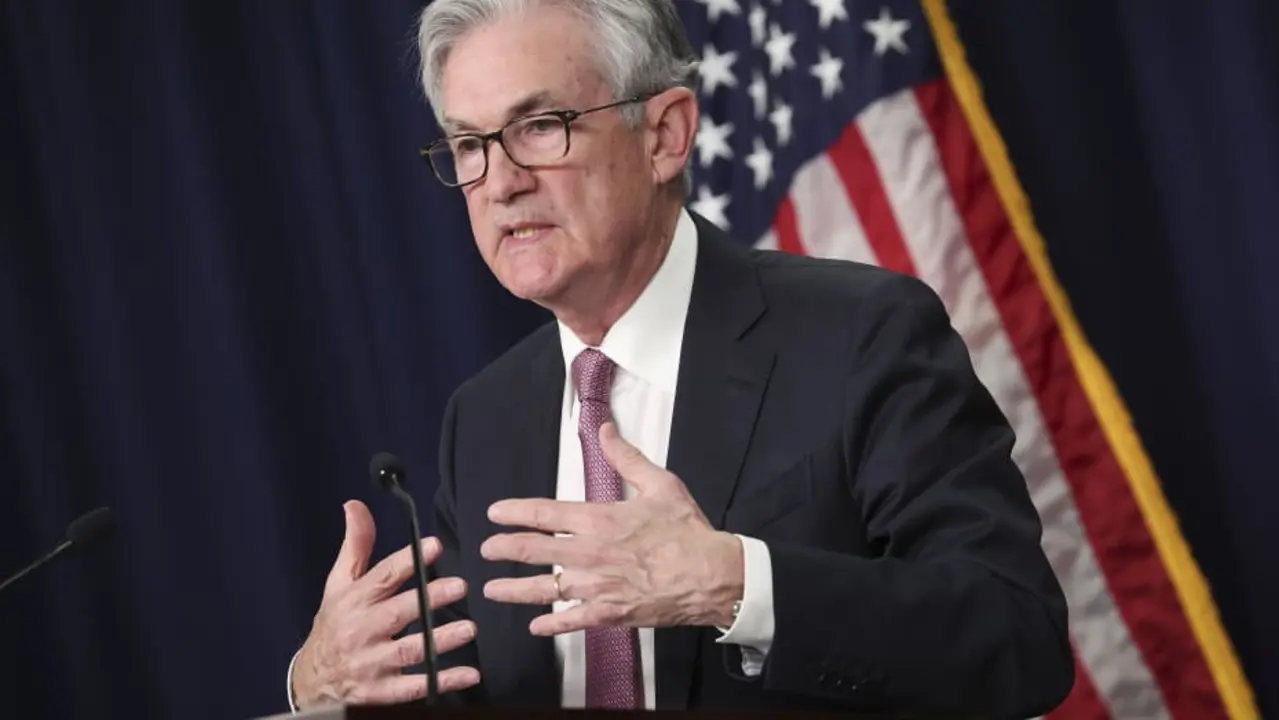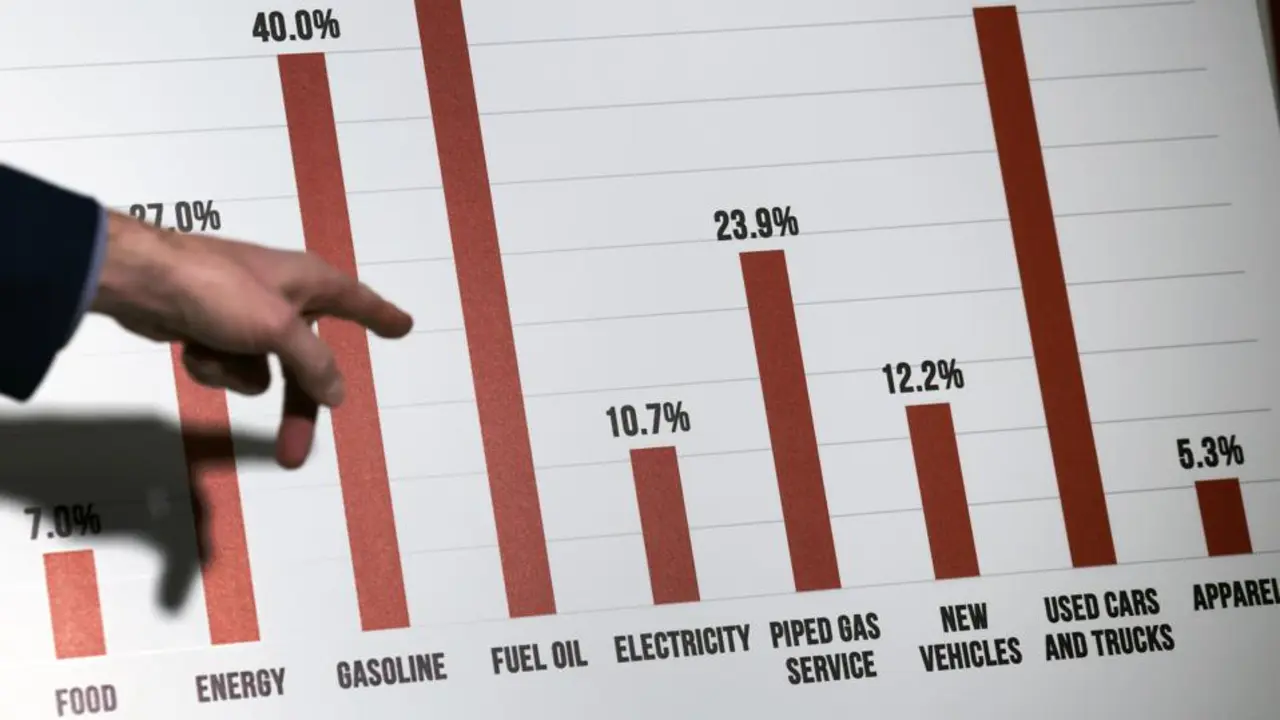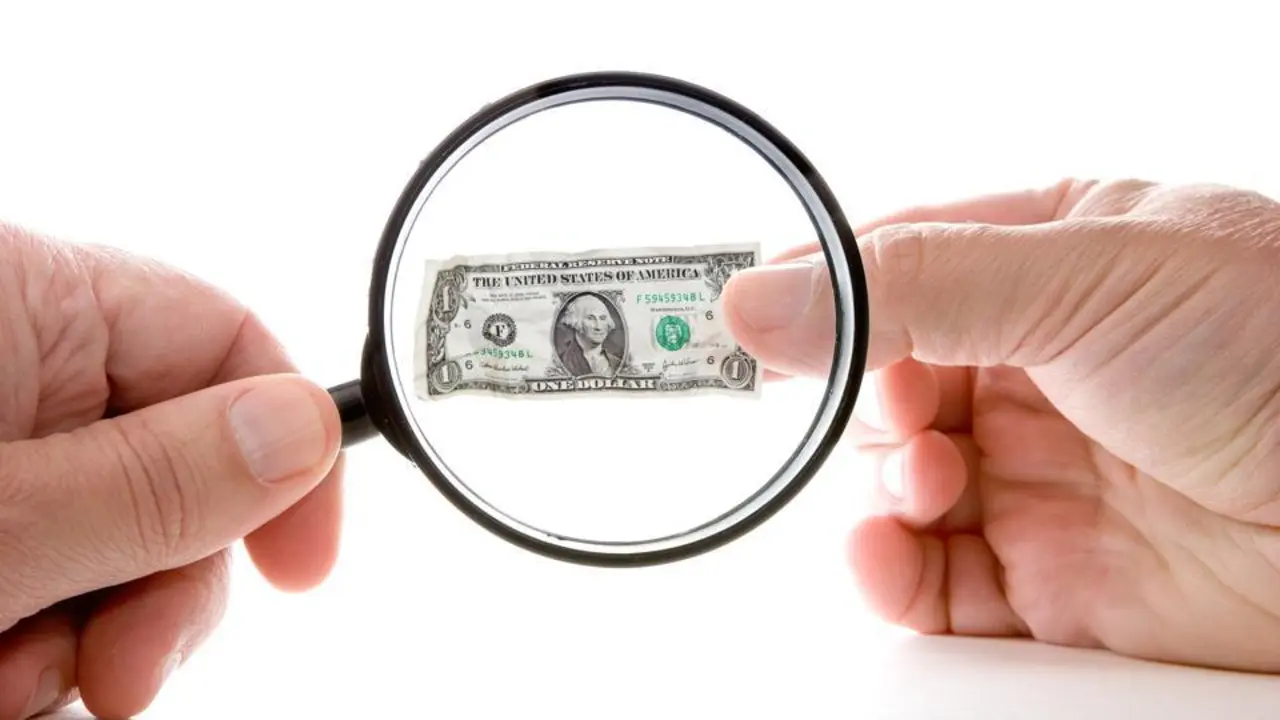Inflation is a major economic concern if it rises too quickly. If inflation is 50 percent per month, this means that prices for goods and services are rising dramatically, and the cost of living for citizens can be extraordinarily high. This type of rapid inflation can cause economic hardship for individuals, businesses, and governments alike. It can lead to job losses, reduced wages, and a decrease in the purchasing power of people's money. High inflation can also reduce investment in businesses and cause currency devaluation. Ultimately, when inflation is so high, it can have a devastating effect on an economy.
What happens if inflation is 50 percent per month?

What happens to interest rates when the economy slows down?

When the economy slows down, interest rates tend to go down as well. This is because central banks, such as the Federal Reserve in the United States, will lower interest rates in order to stimulate the economy. Lowering interest rates makes it cheaper for businesses to borrow money, which can help to fuel economic growth. Lower interest rates also tend to make it easier for consumers to borrow money, which can help to increase spending and stimulate the economy. The opposite is true when the economy is doing well; interest rates tend to go up as central banks try to prevent the economy from overheating.
What is the impact of the inflation rate on the GDP growth rate?

Inflation is one of the primary factors that can affect the GDP growth rate of a country. When the inflation rate rises, the purchasing power of the currency decreases, which reduces the amount of goods and services that can be purchased. This can have a direct impact on the GDP growth rate as it slows the rate of economic growth. Additionally, if inflation is left unaddressed, it can lead to rising unemployment and an overall decrease in the standard of living. Therefore, it is important for governments to take steps to manage the inflation rate in order to ensure a healthy economy.
Why does inflation (in the economy) exist, and who controls it?

Inflation is an unavoidable part of life in any economy, but it doesn't have to spiral out of control. Inflation is the rise in prices of goods and services over a period of time, and is usually caused by an increase in the money supply. Inflation is controlled by central banks, which use monetary policy to manage the money supply and set interest rates to keep inflation within a target range. Inflation can be good or bad depending on the situation, but it's always important to keep it under control. If inflation becomes too high, it can cause economic instability, which can lead to recession or even depression. By controlling inflation, central banks can help ensure that prices don't rise too quickly, allowing the economy to stay stable and healthy.
How do you measure inflation?

Inflation is an important economic indicator that measures the rate at which the prices of goods and services rise over time. It is a key factor in determining how the economy is performing and how it can impact the cost of living for individuals and businesses. Inflation is typically measured by comparing the Consumer Price Index (CPI) to the inflation rate over a specific period of time. Other methods of measuring inflation include the Producer Price Index (PPI) and the labor cost index. The Federal Reserve Board also uses a variety of measures to assess the inflation rate. By understanding how inflation is measured, individuals and businesses can better plan for the future and adjust their spending accordingly.